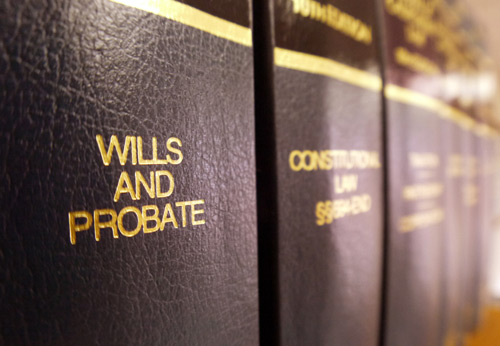Domicile is a relatively straight forward legal concept that combines the place where a person permanently resides with where he intends to remain. However, what happens when a person who has been adjudicated incompetent desires to permanently move. Can he possess the requisite intent to change his domicile in legal terms? The Georgia Court of Appeals recently took up this question in Estate of Milton Theophilus Pond, II. In the case, a probate court granted Milton Pond guardianship of his son, M.P., who was an adult man with autism. Since M.P.’s childhood, he lived with his mother,…
-
-
Caveat to a Caveat to a Will: North Carolina Court of Appeals Offers Non-Binding Opinion
In October the North Carolina Court of Appeals issued an unpublished opinion addressing the circumstances under which it is appropriate to grant a motion to dismiss in the context of a will caveat.[1] A caveat is a legal challenge to the probate of a will when there is confusion or disagreement as to the interpretation of the will. The three issues addressed were: (1) can a caveat challenge only a part of a will; (2) can an executor who presents a will for probate later file a caveat; and (3) can one who accepts a benefit under a will later challenge its validity via caveat?…
-
Powers of Attorney: General Considerations
While many people recognize the term “power of attorney,” most do not know how to create a valid power of attorney or choose between the various considerations. It is important to prepare safeguards to protect current and future assets long before one faces severe illness or incapacity. A power of attorney is a straightforward and relatively inexpensive document to prepare, compared to the time and expenses that may be incurred if a court is required to settle family disputes or appoint a guardian in the absence of an instructive document. Put simply, a power of attorney is a legal…

